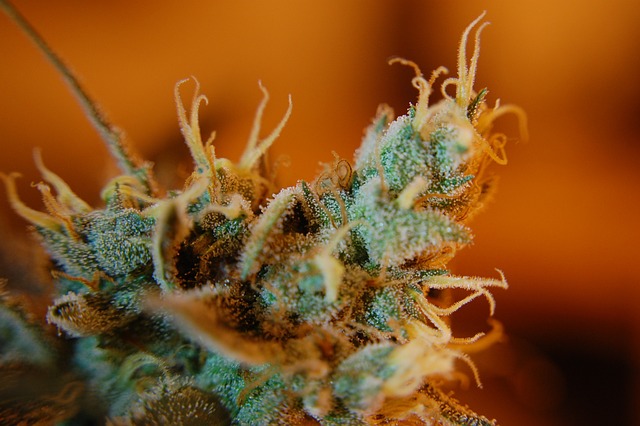2018 Farm Bill federal legislation has legalized hemp-derived THCA with less than 0.3% THC in the U.S., including in Pennsylvania, where it is treated distinctly from psychoactive THC within medical cannabis and hemp regulations. In Pennsylvania, THCA derived from hemp is legal as long as it adheres to federal and state concentration limits, offering a non-psychoactive alternative with potential health benefits like anti-inflammatory properties. However, the legality of raw THCA flower is subject to stricter controls under the state's Industrial Hemp Pilot Program. As THCA garners interest for its therapeutic effects without psychoactive effects, consumers are advised to purchase from credible sources, start with low doses, and consult healthcare professionals due to the complex legal landscape and personal health considerations. The use of THCA in Pennsylvania is a nuanced issue that requires careful adherence to both state and federal regulations to ensure compliance and safe use. For those interested in exploring THCA for wellness purposes, it's important to stay informed about the evolving legal status and scientific findings on this cannabinoid within Pennsylvania.
Discover the burgeoning interest in THCA flower, a non-psychoactive cannabinoid found in the cannabis plant. Its potential therapeutic properties are gaining recognition, particularly within the wellness community. As we delve into the benefits and legalities surrounding THCA flower, especially in Pennsylvania, it’s clear that this compound offers a promising avenue for natural health support. This article navigates the science behind THCA, its legal status in Pennsylvania, and how residents can integrate this cannabinoid into their daily wellness routines, providing valuable insights into the world of hemp-derived compounds.
- Exploring the Therapeutic Properties of THCA Flower: Is It Legal in Pennsylvania?
- Understanding THCA: The Non-Psychoactive Cannabinoid Gaining Attention
- THCA Flower Benefits: Potential Health Advantages and Uses
- Navigating the Legality of THCA Flower in Pennsylvania: What You Need to Know
- Incorporating THCA Flower into Your Wellness Routine: A Guide for Residents of Pennsylvania
Exploring the Therapeutic Properties of THCA Flower: Is It Legal in Pennsylvania?
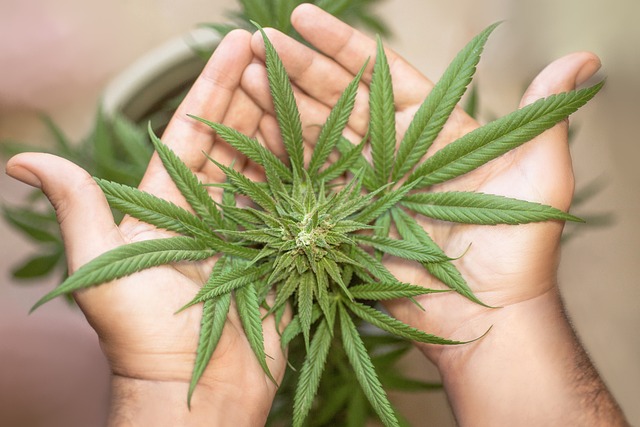
THCA, or tetrahydrocannabinolic acid, is a non-psychoactive cannabinoid found in raw cannabis plants, which, upon heating, decarboxylates into THC, the primary psychoactive component of cannabis. The therapeutic properties of THCA have garnered attention for their potential health benefits, including anti-inflammatory and neuroprotective effects. As research continues to unfold, users in Pennsylvania are exploring these benefits within the scope of state laws. In Pennsylvania, the legal status of THCA flower is subject to the state’s medical cannabis program and hemp regulations. Under the 2016 Farm Bill and its subsequent updates, hemp-derived products, including CBD and THCA, are federally legal provided they contain less than 0.3% THC. On a state level, Pennsylvania’s Medical Marijuana Program allows for the use of cannabis products that are rich in THC for certain medical conditions. However, products derived from hemp with THCA in its natural form and containing non-psychoactive levels of THC may also be legal under Pennsylvania’s hemp laws. It’s important to navigate these distinctions carefully, as they can differ significantly depending on the specific circumstances and sources of the THCA flower. Users interested in the potential therapeutic benefits of THCA should first consult with healthcare professionals and ensure compliance with both state and federal regulations regarding cannabis products. Additionally, staying informed about the evolving legal landscape is crucial for anyone considering the use of THCA flower in Pennsylvania.
Understanding THCA: The Non-Psychoactive Cannabinoid Gaining Attention
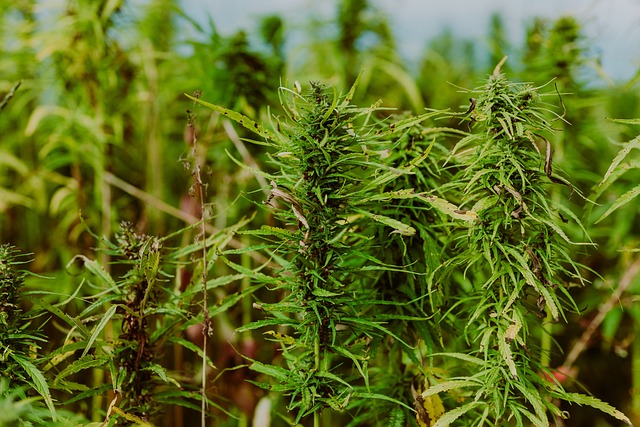
THCA, or Tetrahydrocannabinolic Acid, is a naturally occurring cannabinoid found in the Cannabis sativa plant. Unlike its more famous counterpart, THC, THCA is non-psychoactive, meaning it does not produce the ‘high’ commonly associated with cannabis use. This distinction has brought THCA significant attention from researchers and consumers interested in the potential wellness benefits of cannabinoids without psychoactive effects. As interest grows, understanding the legal status of THCA-rich products is crucial for consumers. In Pennsylvania, the legal landscape regarding hemp-derived compounds like THCA has evolved with the 2018 Farm Bill and subsequent state regulations. According to these laws, hemp-derived products containing less than 0.3% delta-9-THC are legal, including THCA which is often found in raw cannabis or full-spectrum hemp extracts. This legality has paved the way for a burgeoning market of THCA products in Pennsylvania, offering a range of potential health benefits such as anti-inflammatory properties, without the mind-altering effects of traditional cannabis products. Consumers interested in exploring the potential wellness advantages of THCA should first consult with healthcare professionals and ensure they are complying with all local and state regulations regarding cannabinoid use.
THCA Flower Benefits: Potential Health Advantages and Uses
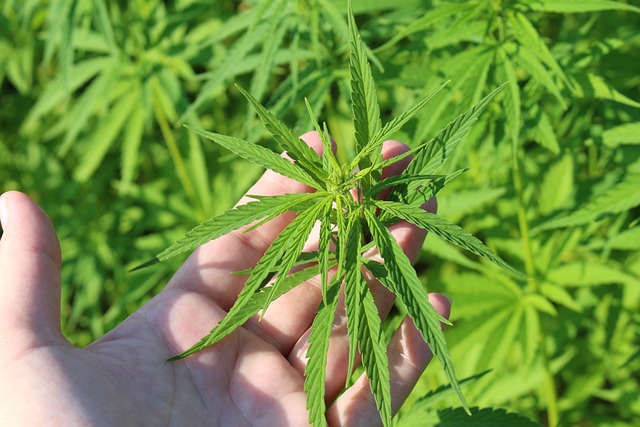
THCA, or Tetrahydrocannabinolic Acid, is a non-psychoactive cannabinoid found in raw cannabis plants, which, upon heating, converts into the more commonly known THC. The THCA flower, which contains this cannabinoid in its raw form, has garnered attention for its potential health benefits. In Pennsylvania, where certain forms of cannabis have been legalized, the exploration of THCA’s properties is an area of growing interest among researchers and consumers alike. Preliminary studies suggest that THCA may offer a range of therapeutic effects without the psychoactive impact associated with THC. It has been researched for its anti-inflammatory, neuroprotective, and anti-nausea properties. Users often report benefits in managing pain, reducing anxiety, and improving sleep, attributed to THCA’s interaction with the body’s endocannabinoid system. As a result, THCA flowers are increasingly being used as a natural remedy for various conditions, thanks in part to their legality and availability in states like Pennsylvania, where medical cannabis programs have been established.
Furthermore, the potential health advantages of THCA extend beyond its anti-inflammatory and neuroprotective benefits. It has also been studied for its possible role in inhibiting cancer cell growth, although more research is needed to substantiate these claims. The flower’s ability to modulate the immune system, potentially reducing autoimmune responses, is another area of scientific curiosity. In Pennsylvania, where the legal landscape continues to evolve, consumers and medical professionals are paying close attention to the emerging data on THCA’s benefits. As awareness grows and further studies are conducted, THCA flowers may play an increasingly significant role in holistic health practices within the state.
Navigating the Legality of THCA Flower in Pennsylvania: What You Need to Know
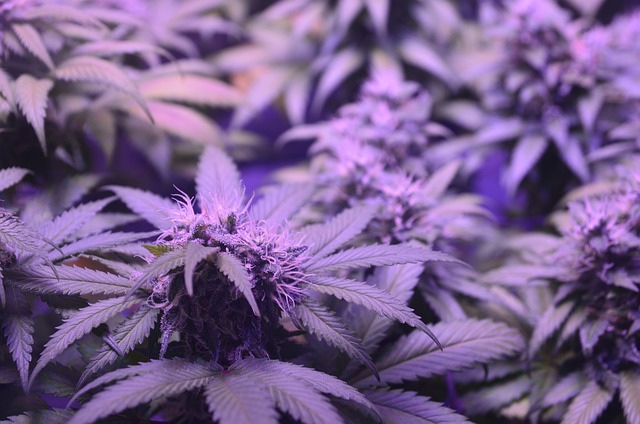
In recent years, the legal landscape surrounding cannabinoids has evolved with varying degrees of acceptance across different states in the United States. In Pennsylvania, discerning the legality of THCA flower requires a nuanced understanding of state statutes and federal regulations. As of the knowledge cutoff date, THC (tetrahydrocannabinol) is illegal under federal law as per the Controlled Substances Act, yet individual states have varying laws that legalize certain forms of cannabis for medical or recreational use. In Pennsylvania, THCA—the non-psychoactive precursor to THC—can be legally sold and possessed in a formulated hemp product due to the 2018 Farm Bill, which legalized hemp derivatives with less than 0.3% THC on a dry weight basis. However, raw, unprocessed hemp plants that contain significant amounts of THCA are subject to different regulations. It’s crucial for consumers and businesses in Pennsylvania to ensure compliance with the state’s Industrial Hemp Pilot Program and adhere to the strict THC limits set forth by both state and federal laws. The distinction between processed THCA products and raw THCA flower is a key factor in determining legality, and staying informed about these distinctions is essential for those interested in the potential benefits of THCA flower within the bounds of Pennsylvania’s legal framework.
Incorporating THCA Flower into Your Wellness Routine: A Guide for Residents of Pennsylvania
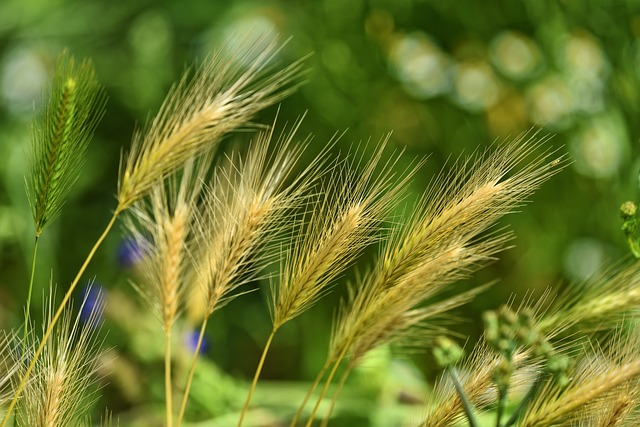
Incorporating THCA (Tetrahydrocannabinolic Acid) flower into one’s wellness routine can be a thoughtful addition for residents of Pennsylvania, given its legal status. As of the knowledge cutoff in early 2023, THCA, a non-psychoactive precursor to THC found in hemp and cannabis plants, is legal in Pennsylvania under the 2018 Farm Bill, which federally legalized hemp derivatives containing less than 0.3% THC. This legislation has paved the way for residents to explore the potential wellness benefits of THCA flower, which advocates suggest may offer relief from inflammation and pain without the psychoactive effects associated with THC. For those interested in incorporating this natural remedy into their health regimen, it’s advisable to source THCA flower from reputable dispensaries or vendors that ensure quality and purity of the product. The state’s regulatory framework requires such products to be tested for safety and efficacy, providing Pennsylvania residents with a measure of confidence in their wellness choices. When adding THCA flower to your routine, it’s recommended to start with a low dosage to gauge individual responses and consult with a healthcare provider if you have any underlying health conditions or are taking other medications. This approach ensures a personalized wellness experience that aligns with one’s health goals and legal boundaries within the state of Pennsylvania.
In conclusion, the exploration of THCA flower’s therapeutic properties and its legal status in Pennsylvania has shed light on a promising cannabinoid with potential health benefits. As evidenced throughout this article, THCA, when legal, offers a non-psychoactive alternative for individuals seeking relief from various conditions without the mind-altering effects of its counterpart, THC. Residents interested in incorporating THCA flower into their wellness routine can do so with a clearer understanding of its legal parameters and how it fits within the broader context of health and well-being. It’s clear that further research will continue to illuminate the full scope of THCA’s potential, but for now, those in Pennsylvania looking for alternative wellness options have a new avenue to consider, given the evolving legal landscape.
